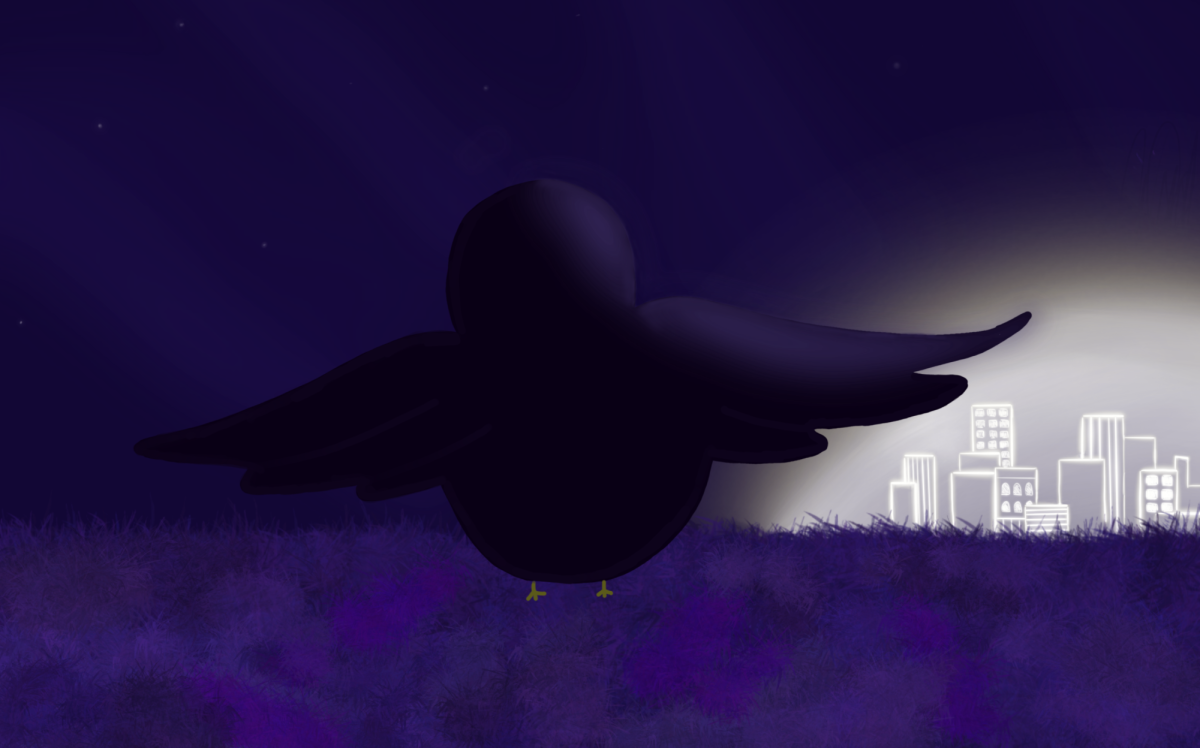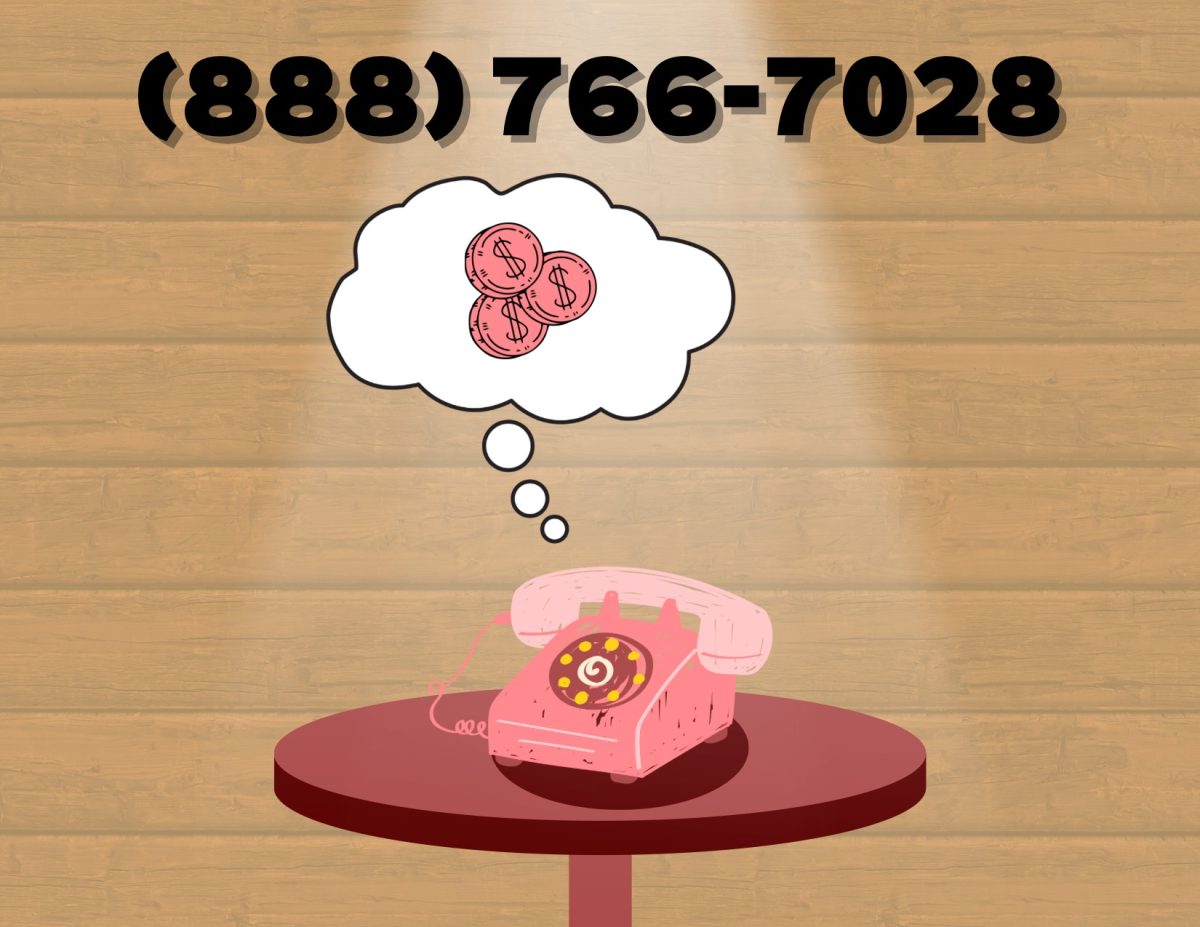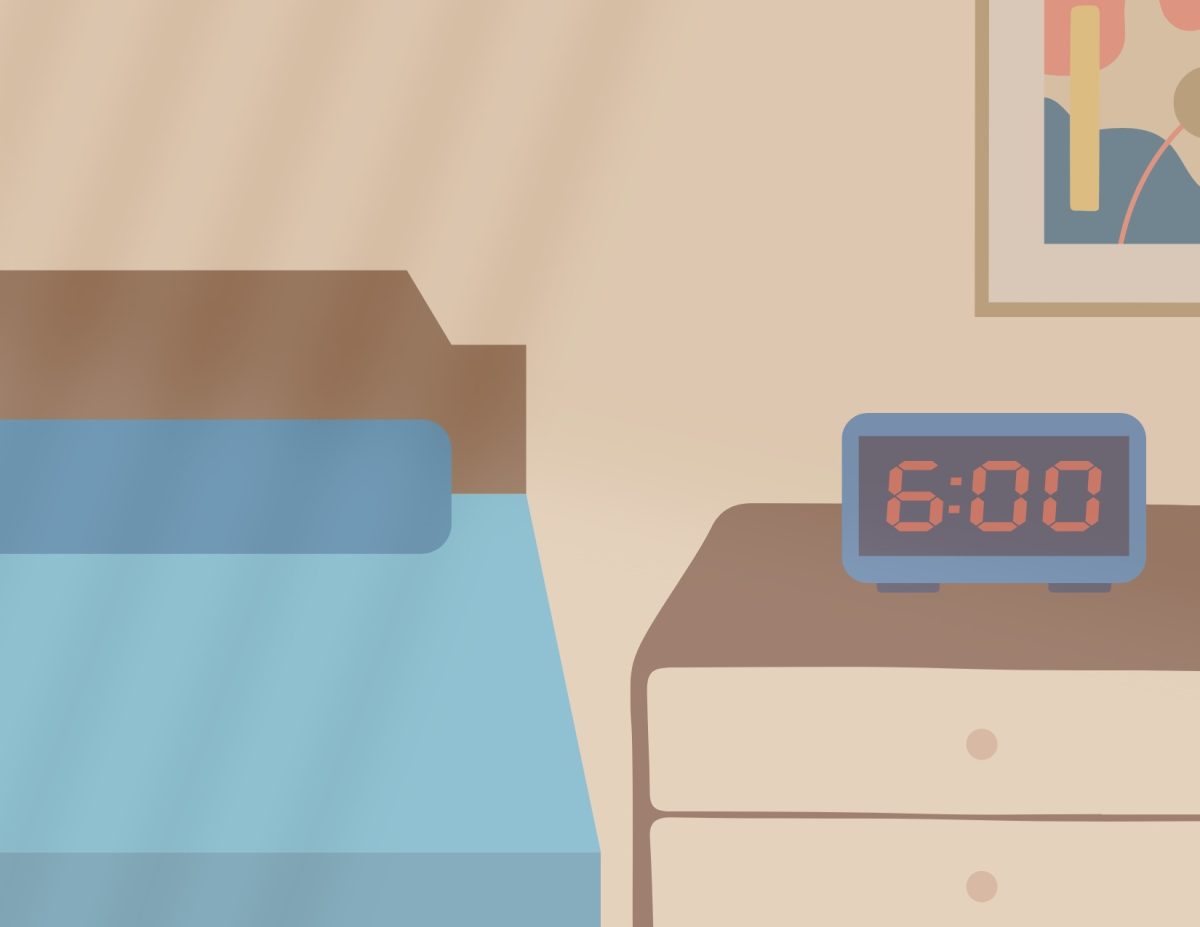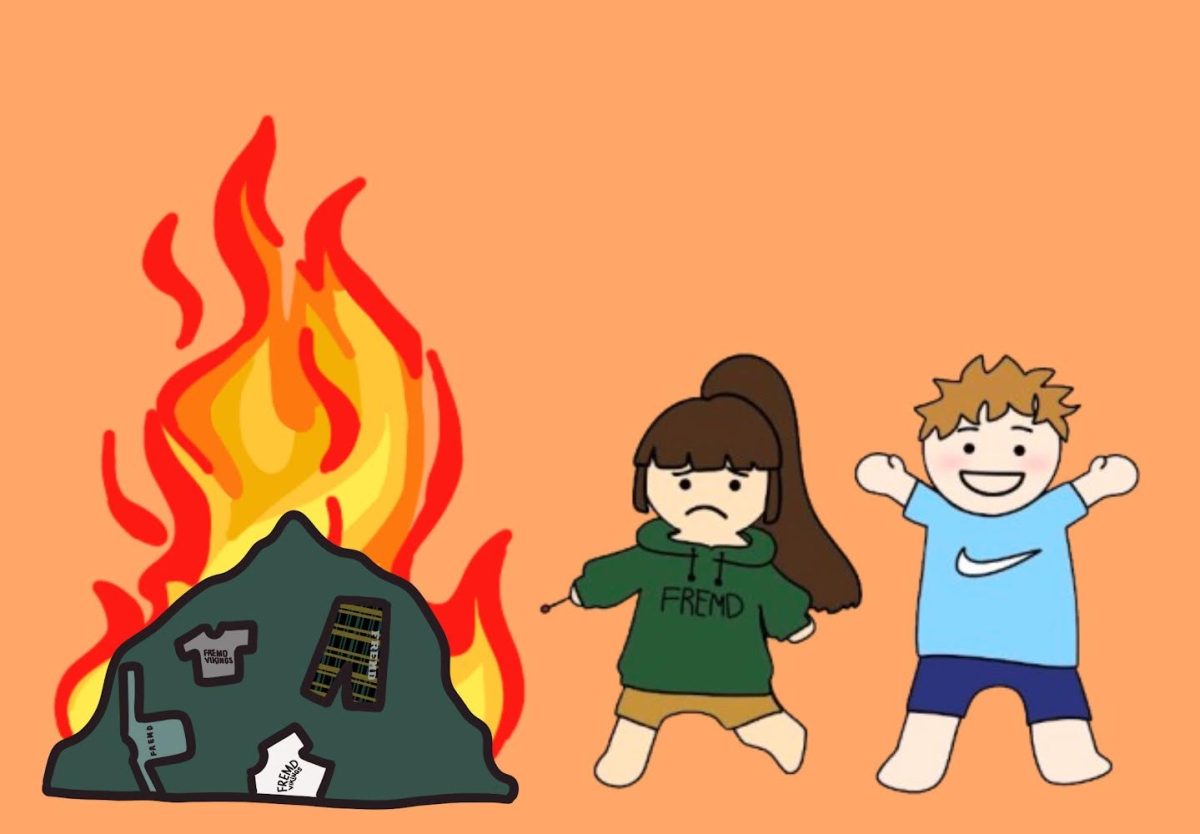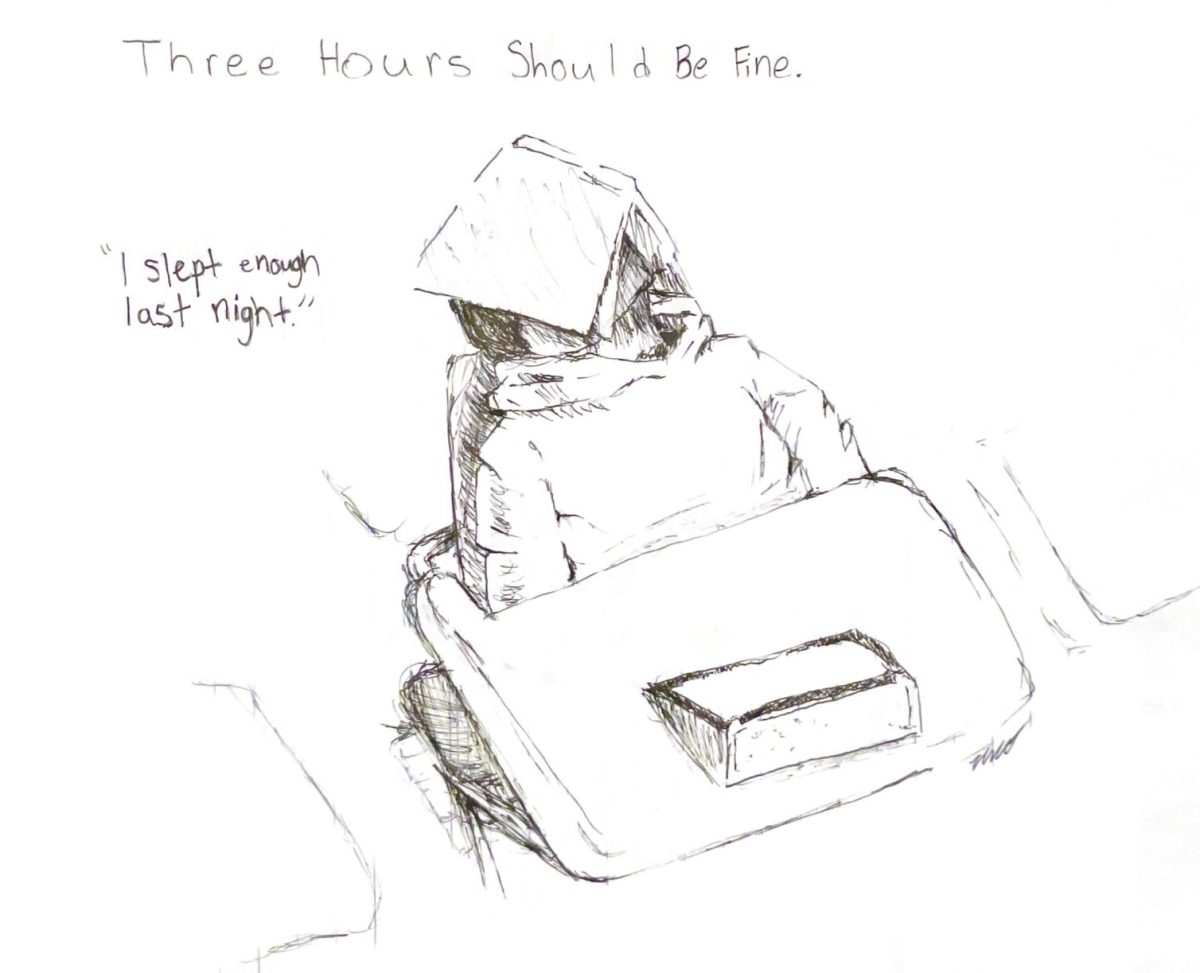Imagine looking up at the night sky and only seeing a few dim stars—not because clouds block them, but because of the glaring bright lights from the city.
Light pollution, caused by artificial lighting from sources such as cities, homes, and cars, brightens the night sky and diminishes the natural darkness. According to National Geographic, in 2024, more than 80 percent of the world’s population and 99 percent of Americans and Europeans live under light pollution. This growing issue contributes to climate change and severely affects humans, wildlife, and the environment.
Wildlife, particularly migratory birds, are greatly impacted by light pollution. A 2023 report by the radio network National Public Radio (NPR) notes that nearly 1,000 birds died after flying into a Chicago convention center, McCormick Place, during their migratory journey south. This is often due to the lights from buildings disorienting birds, leading to fatal collisions.
Senior Sadhika Chirumanilla also describes how light pollution can harm human sleep.
“Light pollution can mess with people’s circadian rhythms and change their sleep schedules in a way that isn’t natural,” Chirumanilla said.
Excessive artificial light confuses our biological clocks. The blue light from street lamps and other light sources reduces the body’s production of melatonin, the hormone that helps regulate sleep. This disruption can then lead to sleep disorders and increased stress.
Beyond its impacts on humans and wildlife, light pollution can also obstruct astronomical observations. Sophomore Claire Zannoni speaks on her experiences with light pollution and its impacts on the visibility of objects in the night sky.
“I have been to cities where the stars are less visible, and it makes me feel upset because the stars are a very important part of science and the world,” Zannoni said.
Astronomers rely on the dark skies to observe objects, but light pollution can obscure their view, preventing them from fully appreciating our universe and slowing the progress of astronomical research.
Furthermore, Bradley Schroeder, who teaches Astronomy at Fremd and sponsors the Astronomy Club, described how light pollution affects everyday lives and inhibits curiosity.
“On a daily basis, it obstructs us a little bit living in the suburbs. When you just want to jump out in the backyard and check something out, it’s kind of hard because light pollution is always with us,” Schroeder said. “Astronomy makes you wonder…preserving our ability to see our universe kind of sparks that interest and curiosity for people today and for people in the future.”
As a response, some areas have begun taking steps to reduce light pollution. This past July, Kane County, Illinois, adopted the Responsible Outdoor Lighting Policy. This policy focuses on enhancing the lighting quality in the district’s natural areas and conserving energy while minimizing harm to wildlife habitats, migrating birds, and insects drawn to light sources.
Additionally, the Chicago Lights Out program aims to reduce the number of birds that die when flying through urban areas by asking tall buildings to turn off their lights during migration seasons. NPR describes how this program has been observed to effectively reduce bird collisions by 80% for one of the participants, McCormick Place.
While government policies certainly help, Sophomore Mairead Kuntz also highlights the importance of individuals taking small actions.
“We should try and decrease light pollution in our own neighborhoods as students by being more aware of this issue and turning off our lights when we’re not using them,” Kuntz said.
In addition to turning off our lights when not in use, individuals can make a difference in many other ways. Educating yourself and others can be a decisive first step. Another action would be promoting the use of different lighting options. While LED and compact fluorescent lights reduce energy use and protect the environment, DarkSky International, a non-profit organization, emphasizes using warm-colored bulbs whenever possible, avoiding blue lights, and using motion sensors, dimmers, and timers.
Reducing light pollution preserves the beauty of the night sky for future generations, protects wildlife, and ensures healthier sleep. As students, we have the power to advocate for change and take meaningful actions to reclaim our skies.

